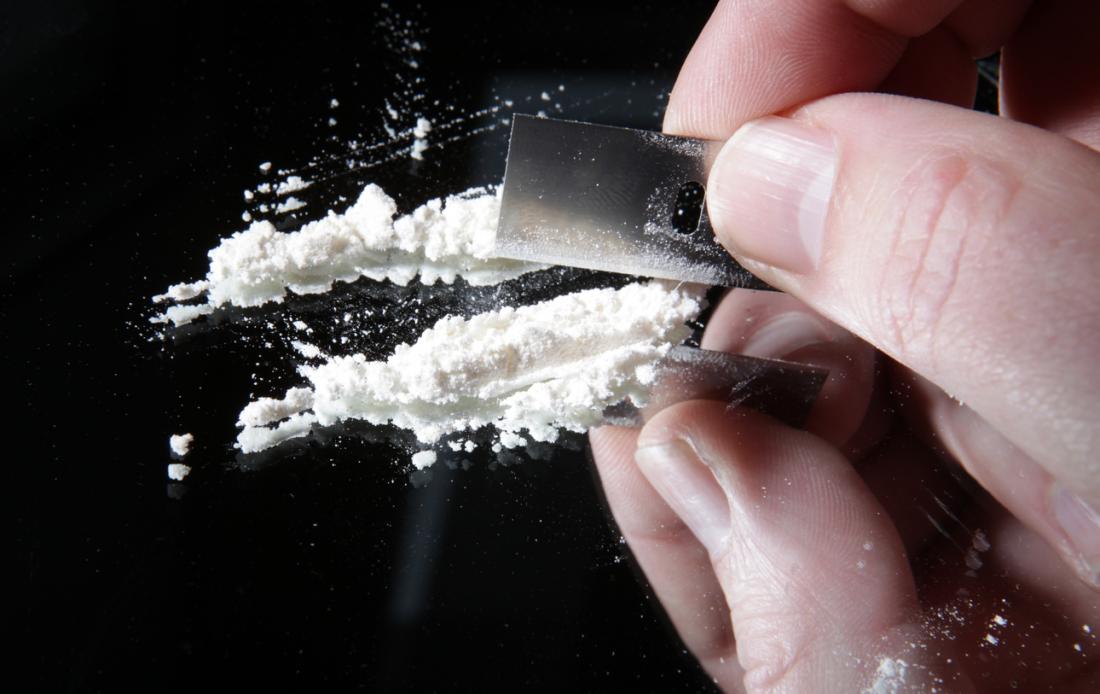Colombian senate debates plan to regulate cocaine
 Transform Drug Policy Foundation 3 March 2021
Transform Drug Policy Foundation 3 March 2021
What does this new cocaine regulation Bill propose?
The proposed Bill was based on Transform’s three-tier regulation framework to regulate stimulants. The main idea is to have three types of regulatory levels depending on the risks of the products:
-
The first set of regulations would cover low potency or non-psychoactive products such as the coca leaf itself, as well as beverages, food and cosmetic products based on the coca leaf. These products would be subject to lighter regulation, similar to those already in place for similar products such as coffee, with private actors allowed to buy and sell these products more freely.

-
The second type of regulation would cover psychoactive products derived from the coca leaf that are used for recreational purposes, such as cocaine. Under this type or regulation, consumers would have to go through a medical check-up and register in a database before being allowed to buy a certain dose of cocaine in registered pharmacies. All types of advertisements and sponsoring would be forbidden and only adults would be allowed to purchase cocaine.
-
The third type of regulation would cover psychoactive products derived from the coca leaf that, due to their health consequences, would remain prohibited for sale, such as crack cocaine. However, use would not be criminalised and a harm reduction strategy adopted, ensuring that all problematic consumers can receive adequate social and medical treatment.
The harvest of coca plants and the production of cocaine would also be subject to a strict regulation. Coca plantations would be authorized only in the areas where coca is currently being grown, as long as they remain outside of the environmentally protected areas. This is to ensure that the regulation of this market benefits the areas and communities most affected by the war on drugs and prevent new actors with potential advantages from entering the market. In addition, only local farmers and Indingeous communities would be allowed to grow coca plants and would benefit from the technical and financial assistance of the State. The harvest would then be bought by the State who would sub-contract the transformation of the coca leaf into cocaine to research centers and pharmaceuticals.
READ MORE: https://transformdrugs.org/blog/interview-with-lorenzo-uribe-lead-writer-of-the-colombian-cocaine-regulation-bill






